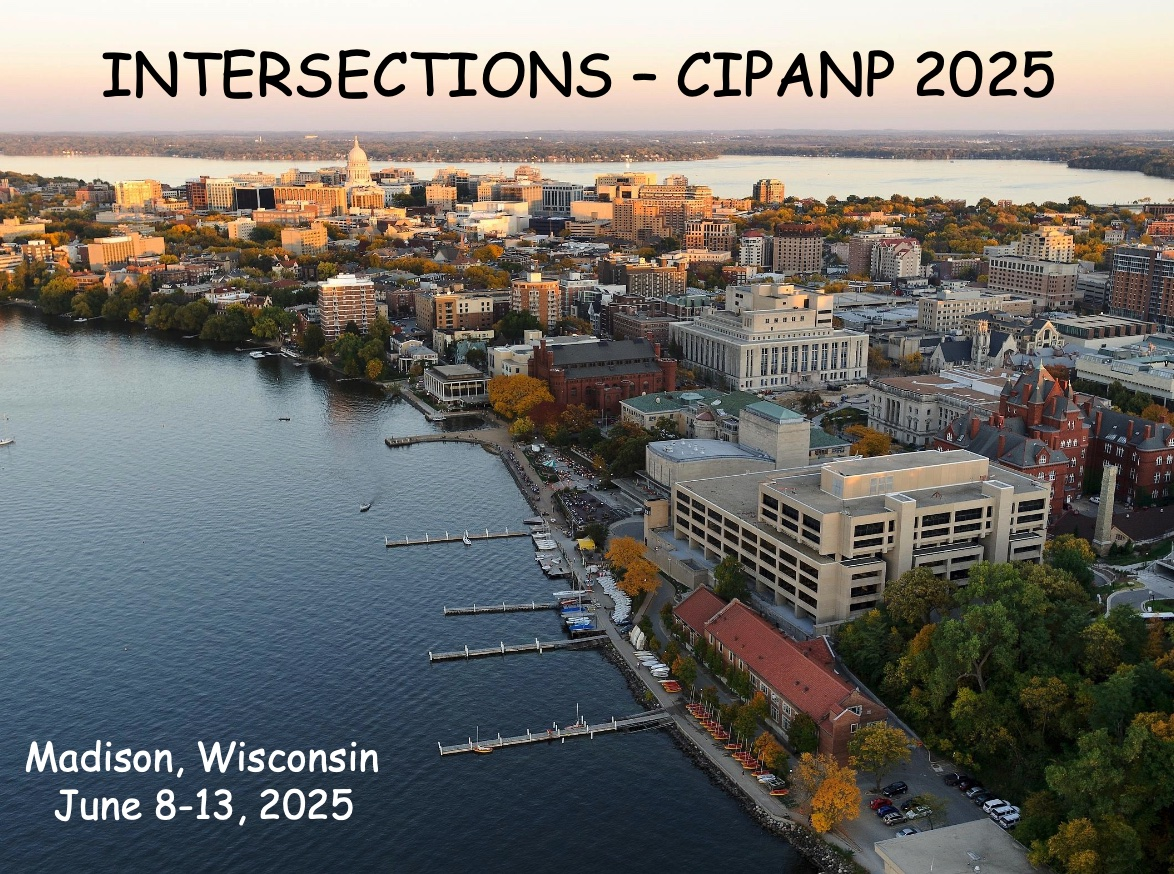Speaker
Description
The Canadian Penning Trap (CPT) has been at the Argonne National Laboratory's CARIBU facility for over a decade, where it measured the masses of over 300 nuclei produced via the spontaneous fission of CARIBU’s ${}^{252}$Cf source with a typical precision of around 10 keV. In recent years, particular focus was placed on nuclei involved in the formation of the rare-earth peak in the r-process abundance pattern. Upon reaching the yield limit of CARIBU, the CPT is now transitioning to the forthcoming $N=126$ Factory. This facility will use multi-nucleon transfer reactions to produce neutron-rich nuclei, enabling access to the $N=126$ closed shell for the first time. The mass measurements in this region allow the investigation of the persistence of $N=126$ shell closure and the study of the formation of the last r-process abundance peak left. Additionally, the $N=126$ Factory will enable the production of rare-earth isotopes such as Nd and Sm to constrain the astrophysical conditions responsible for the rare-earth peak. In parallel, the upgraded nuCARIBU facility will offer additional capabilities by supplying isotopes for measurements with the multi-reflection time-of-flight (MR-TOF) mass spectrometer. This talk will present the current status of the $N=126$ Factory and the CPT, outline future mass measurements, and provide a brief update of the nuCARIBU status.
This work is supported in part by the U.S. Department of Energy, Office of Nuclear Physics, under Contract No. DE-AC02-06CH11357; by NSERC (Canada), Application No. SAPPJ-2018-00028; by the National Science Foundation under Grant No. PHY-2011890; by the University of Notre Dame; and with resources of ANL’s ATLAS facility, an Office of Science User Facility.

